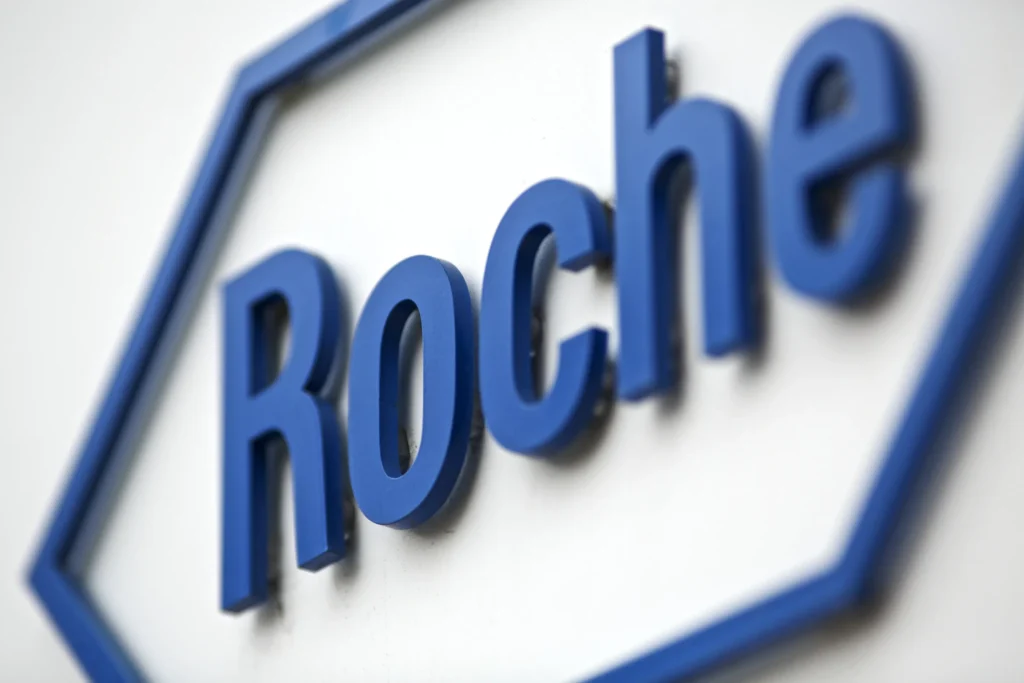Roche’s PD-L1 inhibitor demonstrates durable response in RET-mutant thyroid cancer, offering a new option for patients with limited therapies
Roche’s PD-L1 inhibitor demonstrates durable response in RET-mutant thyroid cancer, offering a new option for patients with limited therapies

Targeting a Rare and Aggressive Cancer
On 09 December 2024, Roche released updated data from its ongoing Phase II trial of atezolizumab in patients with RET-altered thyroid cancer, a rare and aggressive form of the disease. The trial showed a 35% overall response rate (ORR) and durable disease control in patients who had progressed on prior kinase inhibitors.
RET mutations are found in a subset of medullary and papillary thyroid cancers and are associated with poor prognosis. While targeted kinase inhibitors like selpercatinib and pralsetinib have shown efficacy, resistance often develops, leaving patients with few options.
Trial Highlights
The study enrolled 72 patients with advanced RET-mutant thyroid cancer. Participants received atezolizumab monotherapy every three weeks. Key findings include:
These results suggest that immune checkpoint inhibition may offer benefit even in genetically driven cancers traditionally considered less immunogenic.
Expanding the Immunotherapy Landscape
The success of atezolizumab in this niche indication reflects a broader trend in 2024 toward precision immunotherapy, where checkpoint inhibitors are paired with genomic profiling to identify responsive subgroups.
Roche plans to initiate a confirmatory Phase III trial in early 2025 and is exploring combination strategies with RET inhibitors and tumour vaccines.
If approved, atezolizumab could become the first immunotherapy indicated for RET-altered thyroid cancer, expanding options for a patient population with high unmet need.
Keep in touch with our news & offers